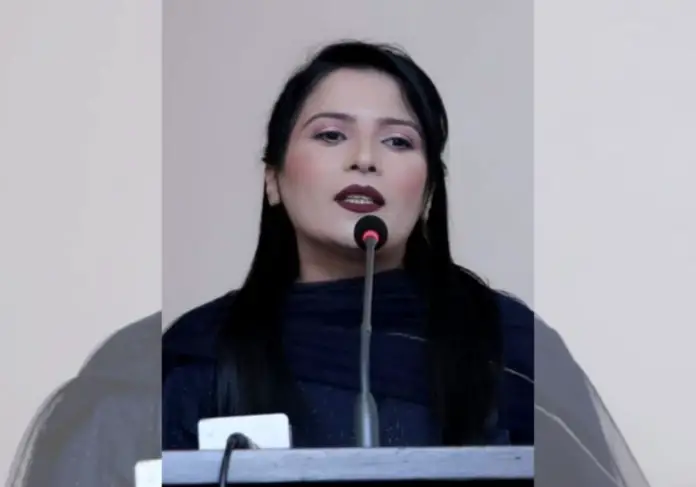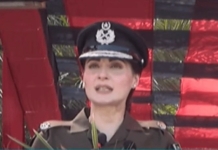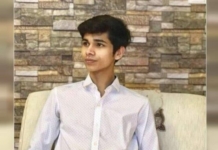Revolutionary poet Majaz Lakhnavi (1911-1955) suggested the women of sub-continent to take a stand for their rights decades ago.
“Teray mathay pay yeh aanchal bohat he khob hay laken tu es annchal say ek parcham bana laity tu acha tha.”
“The hijab is good but it will be much better if you raise it as a flag (and stand against oppression).”
From Ada Jafri, Khadija Mastoor, Parveen Shakir, and Banu Qudsia to Fahmida Riaz, Bapsi Sidhwa and Noshi Gillani, Pakistani women have made a great struggle to achieve their objective.
Their role has evolved throughout the history of the sub-continent. They contributed to Indo-Pak freedom movement, making of Pakistan and participated in all major literary movements in the country.
Indeed, women are more active now, they are defeating patriarchy and standing firm against oppression. Modern literature has served as an outlet for women’s rights in the society. A large number of women have come to the forefront and provided millions of Pakistani readers a vast array of cultural perspectives through their poetry and prose and Neelam Malik is one of them.
Hailing from a comparatively less known city of Burewala in southern Punjab, Malik is now settled in Lahore. A teacher by profession, she goes to mushairas and has made her own recognition among literary circles of Pakistan in the past several years. A poet, critic and short story writer, Malik’s poetry book “Neeli Aanch” has been published recently.
A glance of her poetry reveals that she brought diversity in verses without violating the convention – a difficult method for expression, as per critics.
Malik has written romantic poetry and her revolutionary thoughts are much visible in her verses. Pointing towards curb on women and freedom of expression in the society, she says:
“Bagawat lo janam laitay hi zinda gar gain gay sahib,
yeh larki bol uthi ek bar tu har bar bolay gi”
(People will bury you alive on sedition. If the girl speaks up once, she will speak up every time)
She continued in the same ghazal: “Kiran ko bai’t zulmat pay tum jitna bhe uksao – mujhay inkar hay, inkar hay, bolay gi.”
(A ray of light will never vanish in darkness and it will refuse to surrender despite attempts)
Her poetry and prose have bold expression and she even does not shy away from criticising the prevalent religious extremist thoughts. Her few verses show that she is also following Jaun Elia’s approach of skepticism in her poetry.
“It’s just the beginning, my journey continues. I have to face lot of difficulties to make a place in the literary circle, which is otherwise dominated by men like other fields. I’m optimistic about myself and the women of Pakistan,” she told Minute Mirror.







